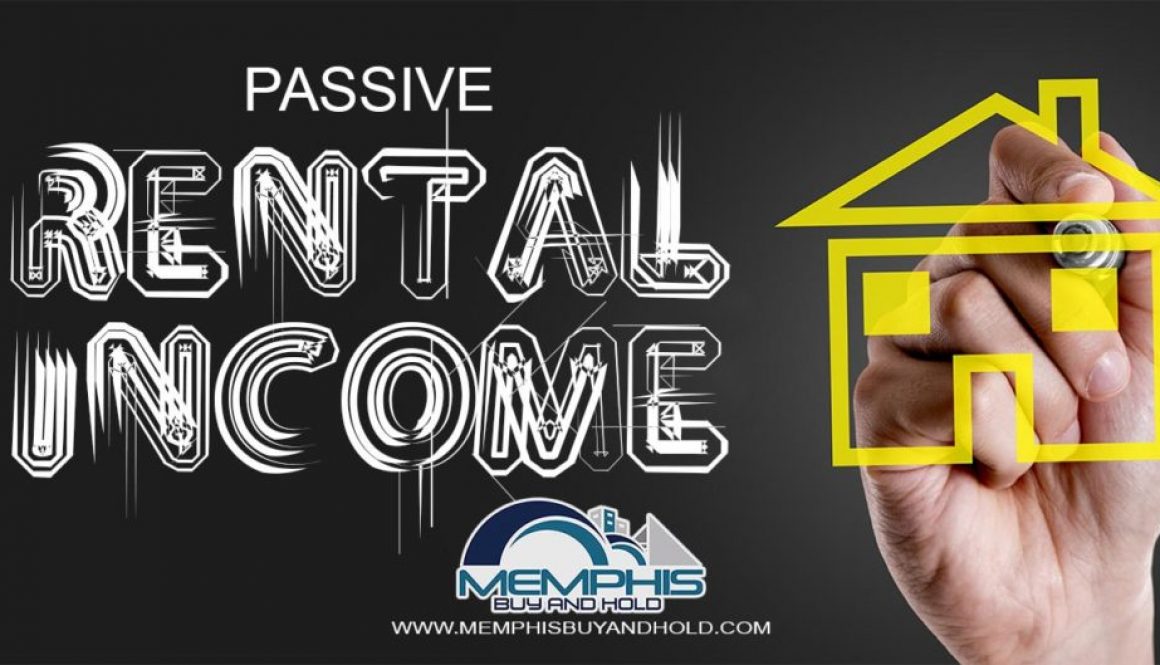
Working 9 to 5 but trying to build some extra income streams?
Rental properties are a classic income-producing investment and can help you reach your goals of financial independence. With enough investment income, you can quit your job and spend more time with your family, travel the world, volunteer, or go work a not-so-high-paying job you just like more.
But do rental properties create truly passive income?
Not every month. When you have a vacancy, it will probably take 10 to 20 hours of work to find a responsible new tenant. Then there are the maintenance problems, property emergencies, and repairs. Occasionally, you’ll have a nightmare tenant who takes you to court or decides they aren’t going to pay the rent anymore. It can leave you scrambling to create more time for your real estate investments while trying to balance all the other demands on your time.
Still, few investments can rival rental properties for predictable cash flow and return on investment. As a working professional with a full-time job, a family, a social life, and (hopefully) some hobbies, how can you earn some extra money from income properties without draining time from the rest of your life?
In other words, how do you maximize the “passivity” of your rental portfolio?
More Cash Flow Means More Options
Your march toward passive income starts before you ever buy a property. You must, must only invest in properties with truly strong cash flow.
Why? Because with good cash flow comes the option of hiring a property manager to handle all the headaches for you.
Advertising vacant units for rent? Done. Screening tenants? Done. Signing leases, collecting rents, handling repairs? All handled by someone else—but only if you can afford to pay them.
A $2,000/month rental with $200 cash flow is not going to cut it. Your entire cash flow would go to the property manager, leaving you with nothing to cover repair costs, accounting costs, vacancies, etc.
It will mean much more work invested up front, a more difficult hunt to find only properties with outstanding cash flow. Be sure to calculate estimated annual repair costs and capital expenses, vacancy rates, property management fees, accounting fees, and other oft-overlooked costs. If the property still has good cash flow, then full steam ahead!
Avoid the Slums
Low-end housing means low-end tenants, and low-end tenants are more likely to be difficult and time-sucking. They are less likely to pay the rent on time (if at all), making you chase them in court for it. And the way they’ll treat your property? Don’t count on kid gloves.
You may think that the cheap house that more than satisfies the 2% rule is a good find. But how about when it’s vacant four months out of the year? And what about the carpet replacement and new paint job required every single year, as tenant after apathetic tenant abuses your property and eventually has to be evicted?
Speaking of bad renters, just wait until you’re hoodwinked by your first professional tenants, who just game the system.
Oh, and if you think anyone will laud your efforts to invest in affordable housing, think again. You’ll be vilified as a “slumlord.”
These are hard lessons I learned the hard way, after some starry-eyed mistakes in rough neighborhoods. Skip the slums and invest in middle-class housing if you want your rental income passive instead of passive-aggressive.
Screen the Living Daylights Out of Tenants
How does passive income happen? It’s a by-product of leasing to good tenants who pay their rent on time every month, rather than calling you every month to whine and moan.
Finding those tenants means getting extreme with your tenant screening. Credit reports and criminal background checks are just the start. You should also run eviction history reports, that include nationwide data. You should call up their employer, chat up their direct supervisor about what kind of employee they are, then transfer over to the HR department to confirm their exact income.
Did they exaggerate their income? Don’t lease to them. If they lie about little things, you can’t trust them about the big things.
Walk through their home! You can be sure that how they treat their current home is how they’ll treat your investment property.
Good tenants will leave you free to work your 9 to 5 job in peace—no muss, no fuss, just truly passive income.
Lease Long-Term
Turnovers are where most of the work—and expenses—lie in managing rental properties. If you want more passive income, shoot for long-term leases.
Lease for two, even three years if you can. Sell the idea by telling new tenants that you typically raise rents by $25 to $75/month every year, but tell them you’re willing to lock in the current rent price for them.
And all the Airbnb buzz in the burgeoning vacation rental industry? Sure, you can theoretically earn more money in a given month—but at what cost to your time? From coordinating with vacationers to deep cleaning the unit between each tourist that comes through, it’s a lot more work. If you must go this route, hire a vacation rental manager to do the work for you. Just know that they will charge more than typical property managers because they do more work.
Retention Is the Name of the Game
Remember a few paragraphs ago when we talked about turnovers creating massive work for you? Let’s talk a little more about that.
Keeping good tenants needs to be a priority if you want to keep your income passive. You can postpone the heavy work and expense of turnovers indefinitely by renewing leases with your best tenants.
Beyond avoiding the work of turnovers, new tenants mean new risk. No matter how well you screen your applicants, there’s always a risk they’ll turn out to be no good. But you already know that your current good tenants pay the rent on time and treat your property well.
Birthday and/or holiday cards are a good start and cost almost nothing. Keeping a note in your file about their children’s names, their job, or their hobbies costs you about 30 seconds, but asking your tenant about them sends the message that you care and you think of them as people, not just check-writers.
Occasionally make property improvements—it will encourage your renters to stay, and when they eventually leave, it will continue paying for itself in attracting good tenants and higher rents. The cost of upgrades is even tax deductible, either immediately as a repair or depreciated as a capital improvement.
Passive income doesn’t happen on its own; it’s designed. It starts with which properties you buy and continues with how well you attract, secure, and retain excellent tenants. With a little strategy and a proactive approach, you can build an empire of income properties—all from the comfort of your full-time job.
Article Source: https://www.biggerpockets.com/
Memphis Buy And Hold is specializing in locating, purchasing, renovating and managing single-family and multi-unit properties and possesses from 2007 up to the present of experience in real estate investing and property management in the Memphis and Nashville markets.
- Memphis Property Management
- Memphis Turnkey Investment Properties
- DCC Rentals LLC
Discover more from Memphis Buy And Hold
Subscribe to get the latest posts sent to your email.


